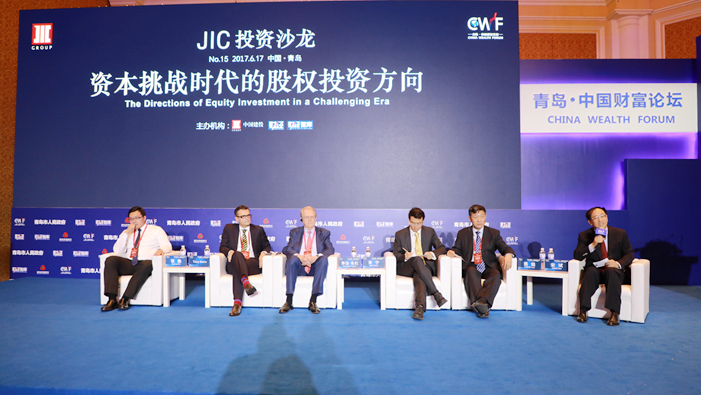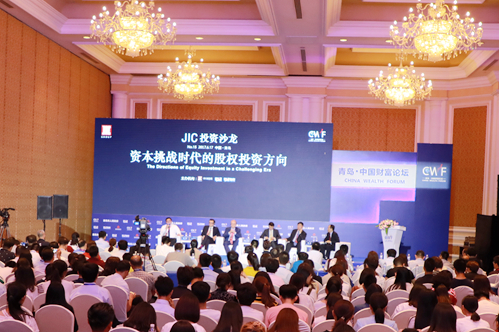Zhang Chi(Vice President of JIC Investment) 2017.6
Equity investment enterprises should see their role as one that integrates and synergizes industry and promotes industrial development. Vision creates future. The self-positioning of equity investors determines how far they can go and how much value they can create. If they simply pursue equity participation or co-investment, they would end up with short-term return from policy benefits, corporate natural growth and price differences, with little decision power on portfolio companies.
If they aim to become a share-holding company, and promote industrial integration and optimization, they will stand a chance to benefit from growing the industry and gaining continuous return. At this point, the return is not only from the capital market and the company's own cash flow, and more importantly, it is the value-added equities, and the power to decide the financial and operational policy for the portfolio company. Therefore, in order to make the equity investment into a long-term, sustainable, and valuable business, a more proactive and aggressive approach should be taken when entering the real economy.
In fact, whether given the inherent nature of equity investment or the characteristics of the times, China's equity investment should and must be more responsible, accountable and visionary for the development of the real economy. Equity investment should be dynamically and deeply integrated with the country's industrial restructuring as well as economic and social development.
In this process, investors should move from passive support and assistance to proactive guidance, optimization and upgrading. The previous investment model primarily focused on IPOs or assets restructuring for public listing. Now, investors should take the initiative to create opportunities.
Investment should be made on promising industries to improve the operating efficiency, business condition, and cash flow of portfolio companies and then to understand their growth and profit models. By investing in outstanding enterprises at home and abroad, one could possess the strategic resources of key industries and areas and become a leader in a particular segment. Moreover, investors should closely follow and promote industrial upgrading and transformation through a deep understanding of the global resource network and industries. This is the way to follow for current equity investors.
Hoping to "make a fast buck", some clamor that the market is undergoing "assets shortage". However, if investors could utilize equity investment properly to plan for industry layout, they will find that many companies are waiting for those well-prepared and visionary investors. Therefore, it puts forward even higher requirements for investors. Based on the resources from shareholders, in order to improve the fundamentals of portfolio enterprises, and further achieve the goal of industrial layout, the investor needs to become the industry expert.
Firstly, as stated above, the priority is to jump out of the short-term arbitrage mindset from the previous financial investments. This requires creating a philosophy of long-term holding for business growth, and integrating industry mindset into each step of investment. Secondly, the perception to the industry is built on the massive amount of practices. Only with conscientious learning of industry knowledge and a large amount of practical research can one address the gap between investment decision-making and post-investment management.






